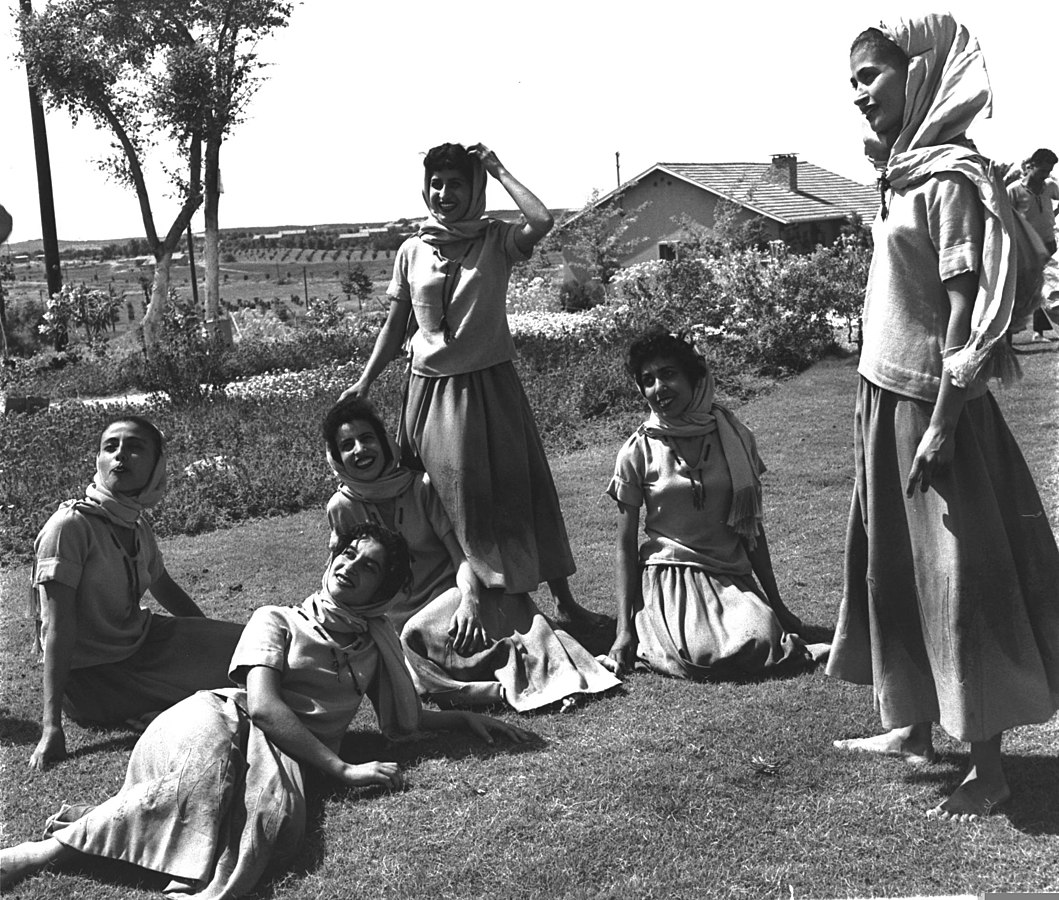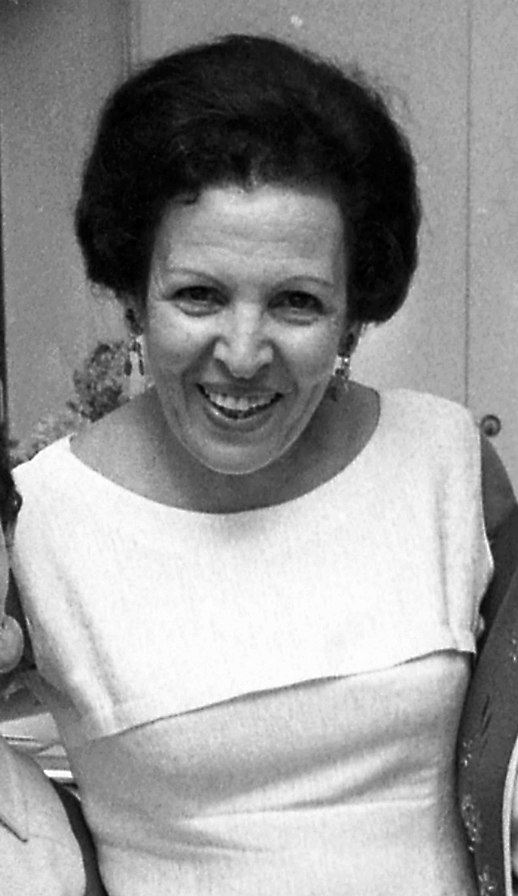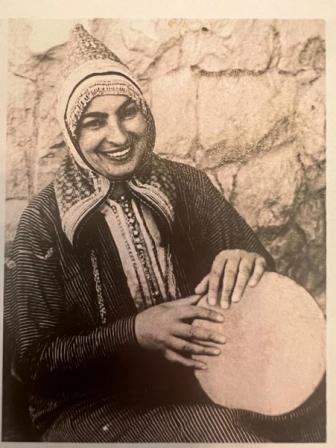Sara Levi-Tanai was an Israeli choreographer, playwright, and lyricist renowned for her significant contributions to dance and theater in Israel. Her works, deeply rooted in Jewish and Yemenite traditions, significantly shaped Israel's cultural landscape.
Sara Levi-Tanai was born in Jerusalem to a family of Yemenite Jewish immigrants. Her parents emigrated from Yemen as part of the wave of Jewish migration in the late 19th. Despite significant economic hardships, Levi-Tanai's family maintained a rich cultural and religious life, profoundly influencing her artistic sensibilities.
After completing her schooling, Levi-Tanai trained as a nursery-school teacher at the Levinsky Teachers' Seminary. In her early career, she worked as a teacher and kindergarten instructor, using music and dance to educate children and pass on Yemeni Judaism's cultural traditions. Her innovative teaching materials, including original songs and music, gained significant recognition and have been used by generations of teachers, leading her to win the Tel Aviv Municipality’s Joel Engel Prize in 1957.
In 1949, Levi-Tanai founded the Inbal Dance Theater, a groundbreaking dance company that combined Yemenite Jewish folklore with contemporary dance forms. As Inbal's artistic director and primary choreographer, she created numerous works that celebrated Yemenite traditions, characterized by their rhythmic complexity, vibrant costumes, and expressive movements. Her choreography often presented biblical stories, traditional Yemenite dances, and themes of exile and redemption, resonating deeply with the Israeli public and the Jewish diaspora. Levi-Tanai was generally known in Israel and worldwide for the unique body language she created with the Inbal Dance Theater—the "Inbalite" technique. This innovative approach blended Yemenite folkloric elements with a theatrical, Western artistic platform. For this life project, she won the Israel Prize in 1973. Her theatrical approach, a multidimensional dance, theater, music, recitation, and acting performance, was considered modern and innovative. Her influence extended beyond Israel's borders. Inbal Dance Theater performed internationally, bringing Israeli and Yemenite culture to global audiences.

Members of the Yemenite "Inbal" dance troupe, 1956. (Credit: David Eldan)
Levi-Tanai was also a talented playwright and lyricist. Her songs, many of which became classics in the Israeli music repertoire, showcased her ability to weave poetic lyrics with haunting melodies, reflecting Israel's cultural mosaic. Among her famous works are Shir Hashirim ("Song of Songs") and El Ginat Egoz ("To The Walnut Grove"), which became hits and connected the Israeli audience to the Yemenite tradition in a deep and emotional way. Levi-Tanai also composed music for theater productions and films, collaborating with well-known artists such as Nahum Nardi.
Sara Levi-Tanai received numerous awards throughout her career for her contributions to Israeli culture. In 1964, her Book of Ruth won her an award from the Théâtre des Mondes in Paris. In 1973 she was awarded the prestigious Israel Prize in music and dance and in 1984 she won the Moshe Halevi Theater Prize, awarded by the Tel Aviv Municipality. In 1986 she was the first recipient of the Israel Labor Federation (Histadrut) Prize for music and dance. In 1988 she was made an honored citizen of Tel Aviv.
Sara Levi-Tanai's life and work exemplify the integration of traditional heritage with modern expression. Her contributions have left an indelible mark on Israeli culture, making her a pivotal figure in the history of Israeli performing arts. Her artistic vision and dedication inspire generations of artists and cultural practitioners.
Attribution of the article image: Photographer: Israel Press and Photo Agency (I.P.P.A.) / Dan Hadani collection, National Library of Israel / CC BY 4.0.






